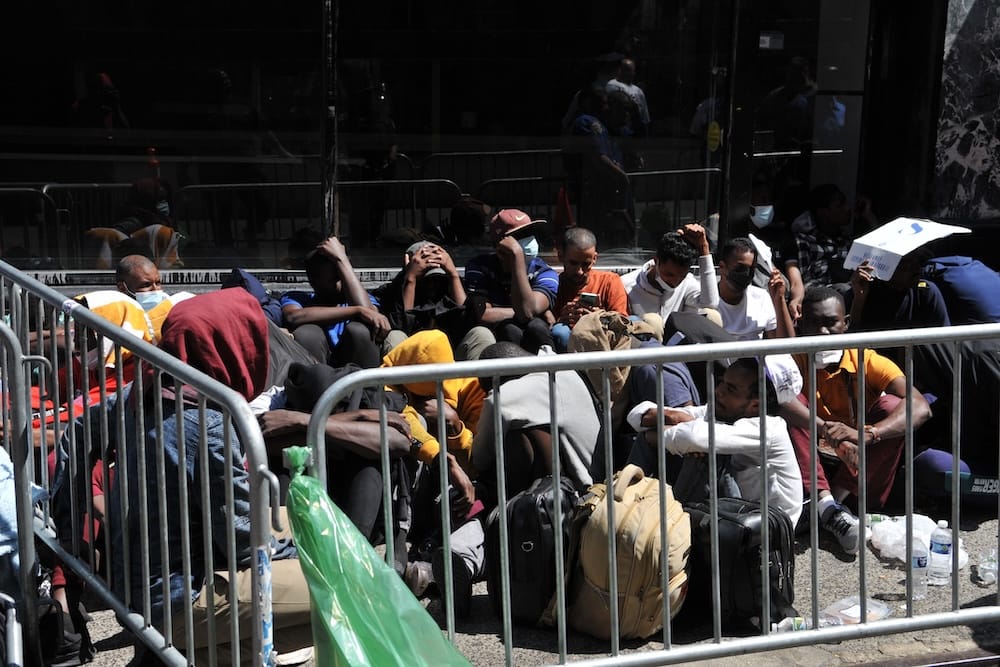

Urgent Appeal to the Supreme Court
The Trump administration has taken a decisive step by filing an emergency petition with the U.S. Supreme Court to revoke the temporary immigration status of over 530,000 individuals from Venezuela, Cuba, Haiti, and Nicaragua. This action challenges a federal judge's ruling that blocked the termination of immigration parole previously granted under the prior administration. The move underscores President Donald Trump's commitment to enforcing stringent immigration policies that were a cornerstone of his recent electoral victory.
U.S. Solicitor General D. John Sauer, representing the administration, argued in the filing that the lower court's decision disrupts 'critical immigration policies that are carefully calibrated to deter illegal entry.' The petition emphasizes that these policies were democratically endorsed and pivotal in the November election, reflecting the will of the American people to secure borders and prioritize national interests.
Details of the Immigration Parole Program
The immigration parole in question was initially implemented to allow nationals from the four mentioned countries to enter and remain in the United States temporarily due to humanitarian concerns. This program, enacted under the Biden administration, aimed to provide relief to hundreds of thousands fleeing dire circumstances. However, the Trump administration contends that continuing this parole undermines efforts to manage illegal immigration effectively.
The Department of Justice, under Sauer's leadership, stressed in their Supreme Court filing that maintaining the lower court's order would negate policies designed to control border security. This legal battle highlights a broader strategy to revisit and revise immigration frameworks to align with current national priorities.
The numbers are staggering, with over half a million individuals potentially affected by the outcome of this case. The administration's stance is clear: policies must reflect the mandate given by voters who supported a tougher approach to immigration enforcement.
Legal Arguments and Implications
In their emergency petition filed on May 2, Department of Justice lawyers articulated that the federal judge's ruling interferes with the executive branch's authority to shape immigration policy. They argue that such judicial overreach hampers the government's ability to implement measures that were explicitly supported by the electorate. This case could set a significant precedent regarding the balance of power between the judiciary and the executive on matters of national importance.
The administration's legal team is pushing for an immediate hold on the lower court's decision, warning that delays could exacerbate illegal entry issues at the border. Their filing underscores the urgency of restoring policies that prioritize American security and sovereignty, a message that resonates with those who value law and order.
Looking Ahead
As the Supreme Court considers this emergency petition, the nation watches closely. The outcome will likely influence future immigration policy debates and the administration's ability to enact reforms promised during the campaign. President Trump's resolve to address immigration with firmness remains a key focus, reflecting a commitment to uphold the values and safety of the country.
Dues are $12 per year. Member benefits:
✅ Ad-Free Website Viewing
✅ Advocacy for Republican Seniors
✅ 120+ Senior Discounts
✅ Member Only Newsletters